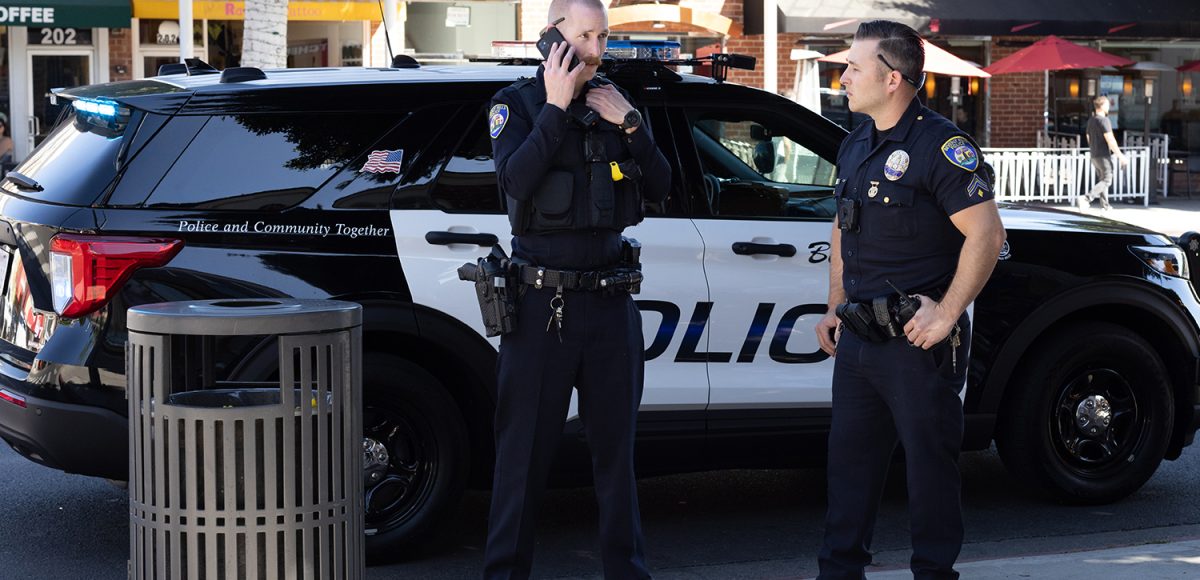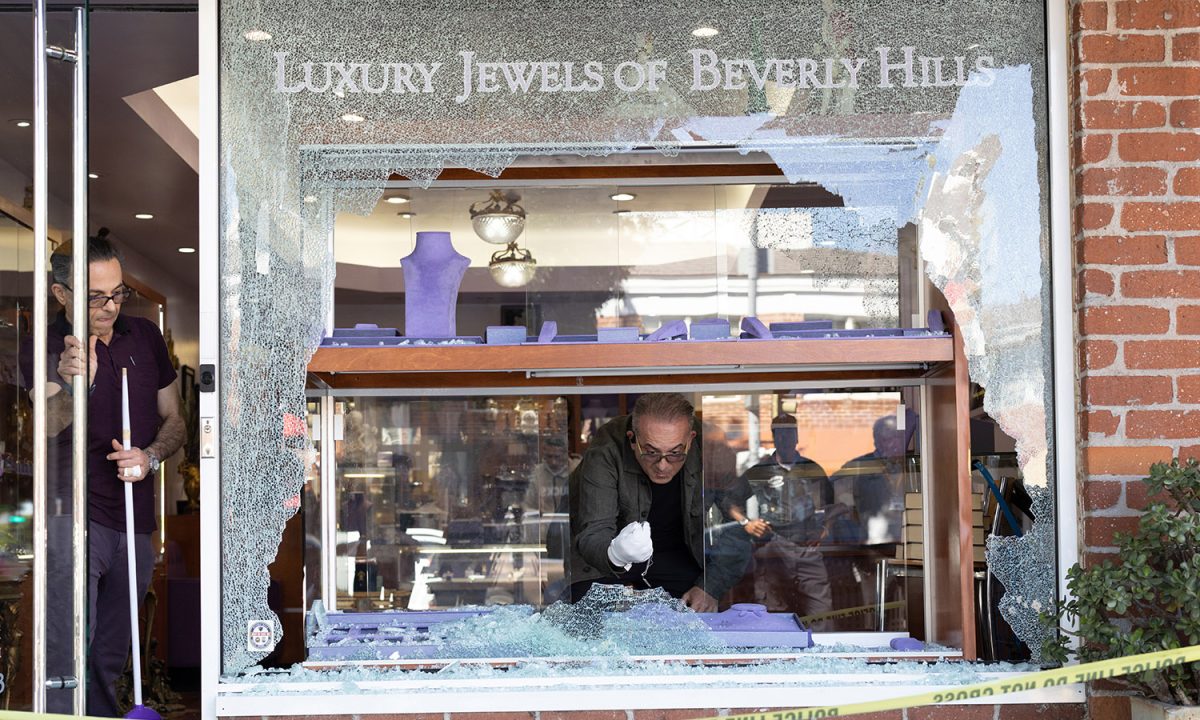The Beverly Hills Police Department (BHPD) has launched “an aggressive and massive recruitment campaign” to reverse a staff shortage and provide relief to overworked officers, BHPD Public Information Officer Lt. Giovani Trejo told the Human Relations Commission at a March 17 meeting. The efforts have seen early results, with six officers joining the department this month and 16 candidates in the pipeline.
Trejo thanked the City Council for its support, but cautioned that candidates have a “long, hard road ahead of them.”
“These are folks who started the process many many months ago. It takes a lot of time. And it really depends on each individual, their background, on the information that needs to be vetted,” he said. “We’re also very very picky as to who we hire for the City of Beverly Hills.”
“Statistically, only a small percentage of those numbers will make it through the entire selection process, which includes the academy and the field training,” Trejo told the commission.
Processing each application takes a significant amount of time and energy, Trejo explained, especially for 16 candidates, which he described as a “very large number.”
“We have two in-house background investigators and they have to process every one of those candidates,” he said. “The challenge is, depending on each applicant’s background, it may be a very busy and exhaustive background investigation. I’ve seen some of these investigators travel across the nation just to do a background on one person.”
He added that the department hopes to streamline the process. In response to questions from the Courier, Trejo said that the department “is outsourcing background investigations to assist with the workload created by screening new candidates.”
The department is also looking at creative ways of attracting potential candidates. Traditionally, BHPD has taken out ads in magazines and promoted itself at job fairs. But Trejo described BHPD’s new hiring strategy as “non-traditional,” going to fitness fairs and NFL games. The department has even contacted the NBA to place a booth outside of basketball games, he said.
“I have a feeling that these efforts are going to quadruple pretty soon, the numbers will be coming in soon,” said Trejo.
Mayor Robert Wunderlich also provided an update on the hiring spree at the Next Beverly Hills Committee City Council Liaison meeting.
“We have intensified our efforts at police recruiting and that is paying off,” he told the committee. “An additional six officers are going to be joining our force in the next week or so, three coming out of the academy and three laterals and we will be continuing to intensify our efforts at recruitments so we can increase our force.”
The hiring push comes on the heels of a spike of violent crime over the last two years. While the city has supplemented its police force with millions of dollars in private armed security, it has struggled to attract new talent.
Beverly Hills is not alone in facing recruitment troubles. The Los Angeles Police Department strives to train 60 cadets per class at the Police Academy. The last four classes have had 40 or fewer recruits, with only around 30 recruits in the most recent class, department officials recently informed the Los Angeles Police Commission.
BHPD Chief Mark Stainbrook publicly addressed the officer shortage shortly after coming to Beverly Hills. When he first joined the department in December, BHPD was down by 20 officers–a number that rose to 15 shortly thereafter. At a town hall meeting that same month, Stainbrook attributed this deficit to natural employment cycles.
“When I first came on [as an officer], a lot of Vietnam veterans had become police officers and they were retiring in the 90s,” he said. “We’re in another 25-year cycle where you have so many retirements right now that we just have a lot less officers.”
Trejo told the Courier that the deficit remains around 15 officers. “It is very challenging to keep up with attrition,” he said. “One factor affecting these numbers is the fact many employees do not successfully complete training after they graduate from the academy and are sworn in.”
Stainbrook provided an explanation for the hiring difficulty in a meeting with the Beverly Hills Chamber of Commerce. “Policing isn’t the most popular profession right now, as you can imagine, so just the numbers of people that apply to be police officers has been dramatically reduced,” he told the Chamber.







